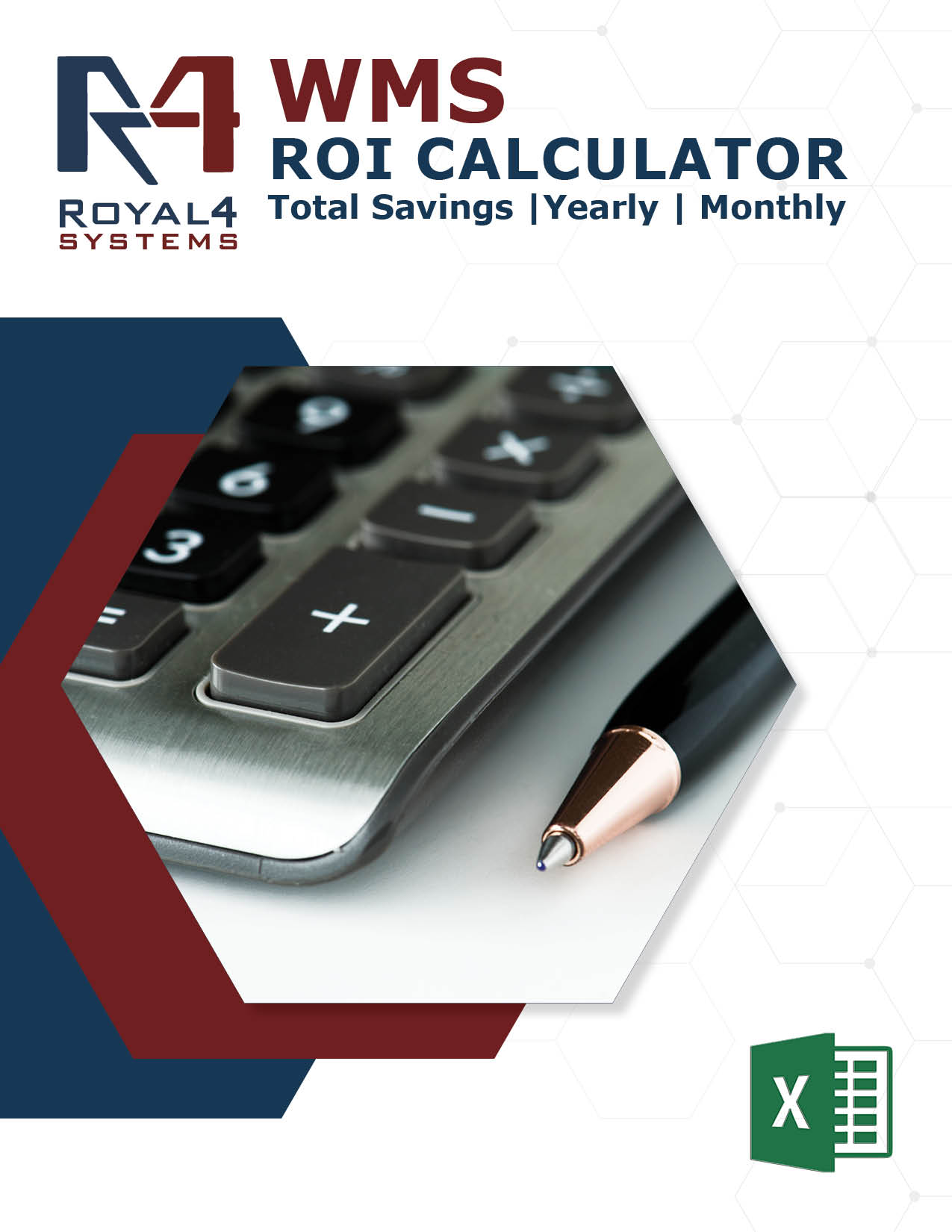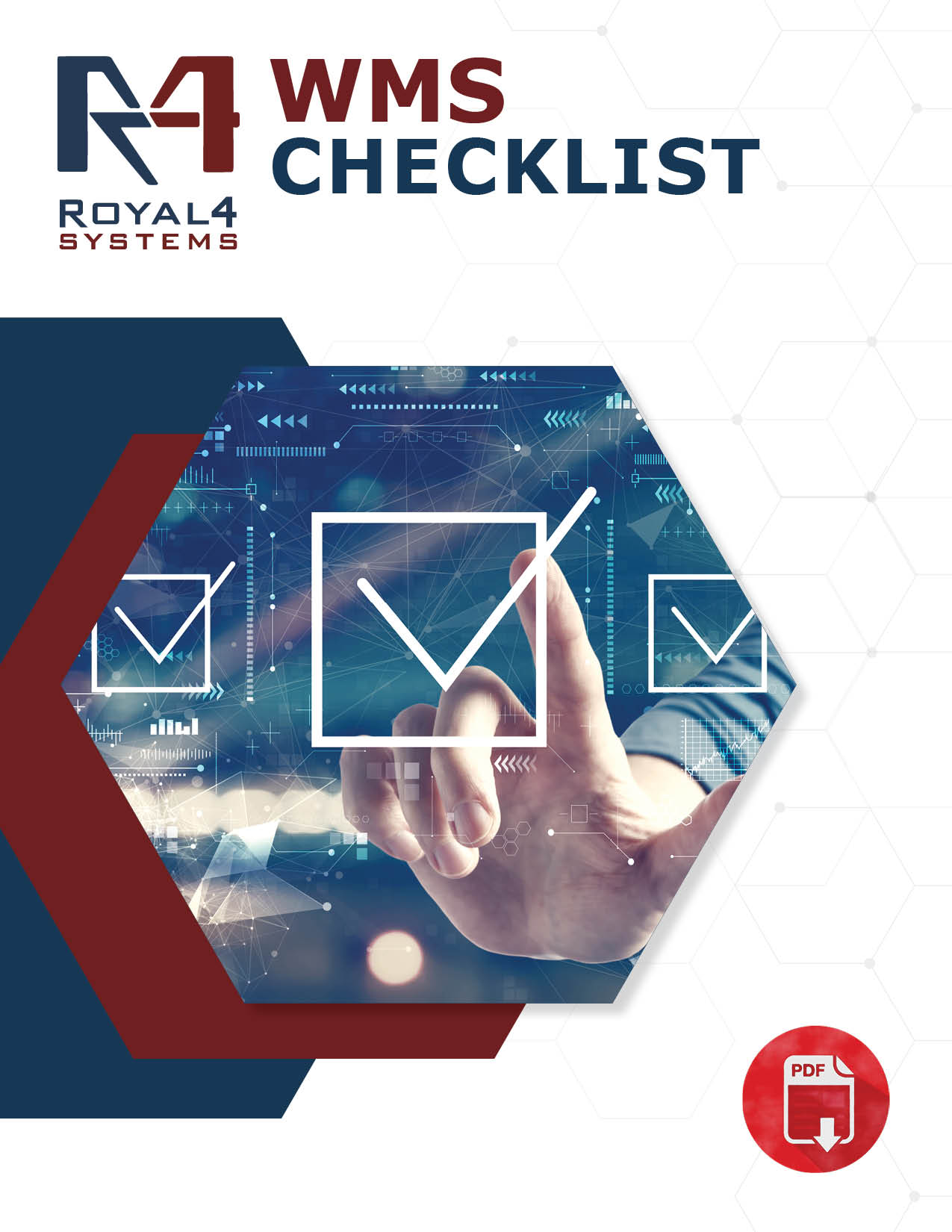
Welcome to our beginner’s guide to ERP software implementation. If you embark on your ERP implementation journey, this comprehensive guide will provide the necessary insights to ensure a successful implementation. Whether you are new to the world of ERP or looking to enhance your understanding, we will cover the basics of ERP implementation, key steps involved, challenges you may encounter, and strategies to overcome them.
Key Takeaways:
- ERP software implementation is a complex process that requires careful planning and execution.
- Understanding the benefits of ERP implementation can help justify the investment and gain stakeholder support.
- Data migration, user training, and change management are critical to successful ERP implementation.
- Stakeholder engagement and managing resistance to change are key challenges to overcome during ERP implementation.
- You can navigate the implementation process effectively by following best practices and leveraging the right resources.
Benefits of ERP Implementation
Implementing an ERP system offers several key benefits for businesses. It streamlines and consolidates processes, improving data visibility and accuracy. The implementation leads to enhanced decision-making capabilities and operational efficiency. ERP implementation enables better resource allocation, automates manual tasks, and promotes collaboration and communication across different departments.
ERP System Integration
Integrating any ERP with existing supply chain solutions is a critical aspect of implementation. Organizations can achieve a holistic view of their operations by integrating an ERP with other business applications such as CRM and HR software. The integration facilitates seamless data exchange, eliminates data silos, and promotes cross-functional collaboration. Moreover, system integration ensures that data flows smoothly between different modules of the ERP system, enabling comprehensive reporting and analysis.
ERP Implementation Process
The ERP implementation process typically involves several stages. These stages include project planning, system selection, customization and configuration, data migration, user training, and system go-live. Each stage requires careful planning, coordination, and collaboration between the organization and the ERP implementation team. It is crucial to allocate sufficient time and resources to each stage to ensure a successful implementation.
- Project Planning: This stage involves defining project objectives, determining key milestones, and assembling a dedicated project team.
- System Selection: During this stage, organizations evaluate different ERP vendors and solutions to find a system that aligns with their needs and requirements.
- Customization and Configuration: The chosen ERP system is tailored to meet the organization’s unique business processes and requirements. This process involves configuring system modules and workflows.
- Data Migration: Existing data from legacy systems is migrated to the new ERP system. This process requires careful data cleansing, validation, and mapping.
- User Training: Users across the organization receive comprehensive training on the effective use of the new ERP system. The training ensures a smooth transition and adoption of the new solution.
- System Go-Live: The final stage involves deploying the ERP system and making it fully operational. Regular monitoring and support are provided to address post-implementation issues and ensure system stability.
By understanding the benefits of ERP implementation, the significance of system integration, and the overall implementation process, organizations can confidently embark on their ERP journey and maximize the value derived from their ERP investment.
Key Steps for a Successful ERP Software Implementation
Implementing ERP software can be complex, but with careful planning and execution, you can ensure a successful implementation. This section will explore the key steps you need to follow to achieve a seamless ERP software implementation.
- ERP Implementation Planning
Effective planning is crucial for a successful ERP implementation. Start by clearly defining your goals and objectives for the implementation. Assess your organization’s readiness for change and identify any potential roadblocks. Develop a detailed project plan that includes timelines, resource allocation, and milestones to track progress throughout the implementation process.
- Data Migration
One of the critical steps in ERP implementation is migrating data from existing systems to the new ERP software. It is important to carefully assess your data and determine what needs to be migrated, ensuring accuracy and completeness. Develop a data migration strategy involving data cleansing, mapping, and verification to ensure a smooth data transition to the new system.
- User Training
Proper user training is essential to adopt the new ERP software successfully. Develop a comprehensive training program covering the system’s functionalities, workflows, and best practices. Consider providing hands-on training sessions, user manuals, and access to online resources to support users in effectively utilizing the ERP system.
- Change Management
Change management plays a crucial role in ERP implementation. It involves managing the human side of the implementation process and ensuring that employees embrace the changes brought by the new system. Develop a change management strategy that includes effective communication, involvement of key stakeholders, and addressing any resistance to change. Encourage open dialogue, provide support, and celebrate milestones to foster a positive implementation experience.
Summary
It is vital to have a robust project management plan in place to ensure a successful implementation despite these challenges. This plan should include clearly defined goals, timelines, and responsibilities and a realistic assessment of potential risks and mitigation strategies. Regular monitoring, evaluation, and adjustment of the implementation plan can help address any unforeseen challenges.
Following these key steps can lay the foundation for a successful ERP software implementation. Remember that thorough planning, efficient data migration, comprehensive user training, and effective change management are crucial to a smooth and successful ERP implementation journey.
Request a Consultation
Need more information?
Solutions






![image001[25]](https://www.royal4.com/wp-content/uploads/2023/11/image00125.png)
